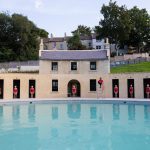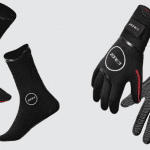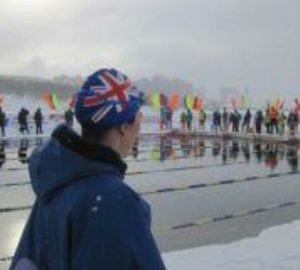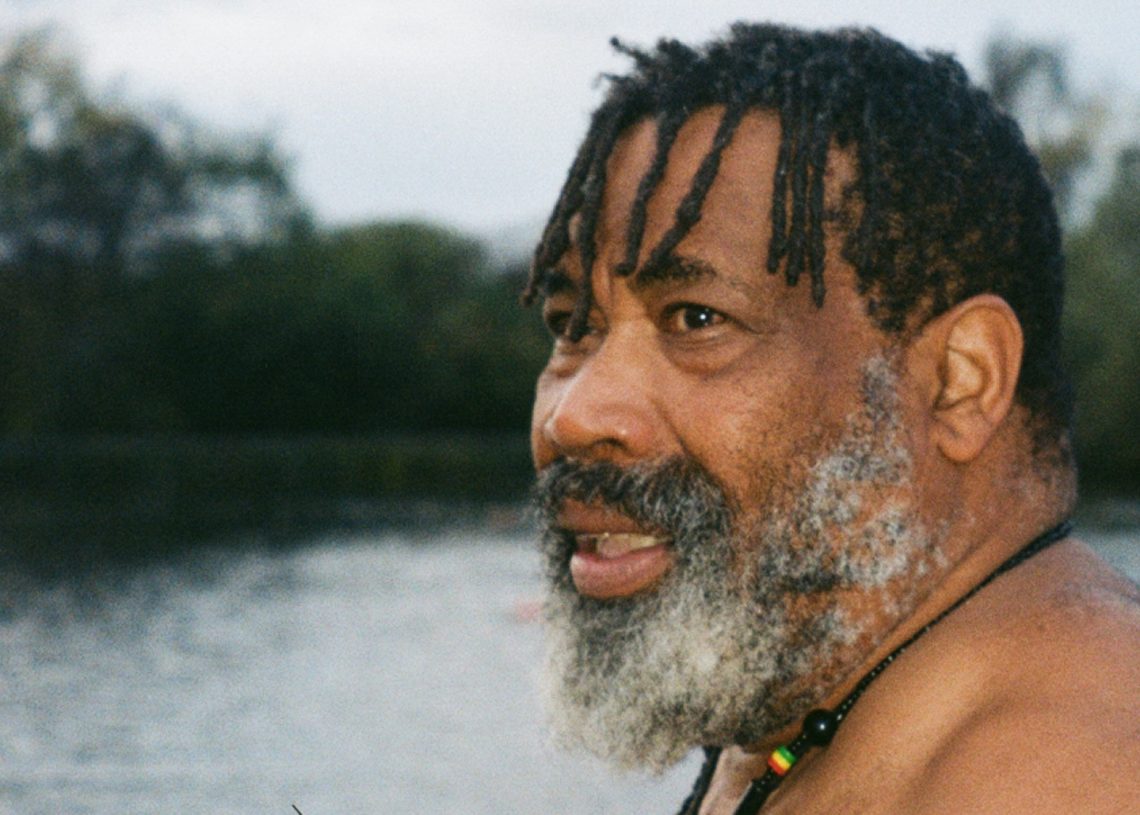
Highgate Men’s Pond: “A space to open up”
Jack Dunne’s photography series Faces and Spaces explores communities and the individuals who are part of them. We spoke to Jack about ‘Project 1’ of the series, which focuses on the community of Highgate Men’s Pond in Hampstead Heath.
Jack Dunne has embarked on a series of projects called Faces and Spaces, exploring communities and the individuals who are part of them.
The first part of his project, ‘Project 1’, includes candid portraits and interviews with regular swimmers at Highgate Men’s Pond. These interviews, which took place in the summer/autumn of 2022, highlight some of the physical and mental benefits of visiting the Pond and being part of the Pond’s community.
We spoke to Jack about the inaugural part of what looks set to be a fascinating series exploring “real people, their relationships with communities, and the real-life benefits it gives them.”
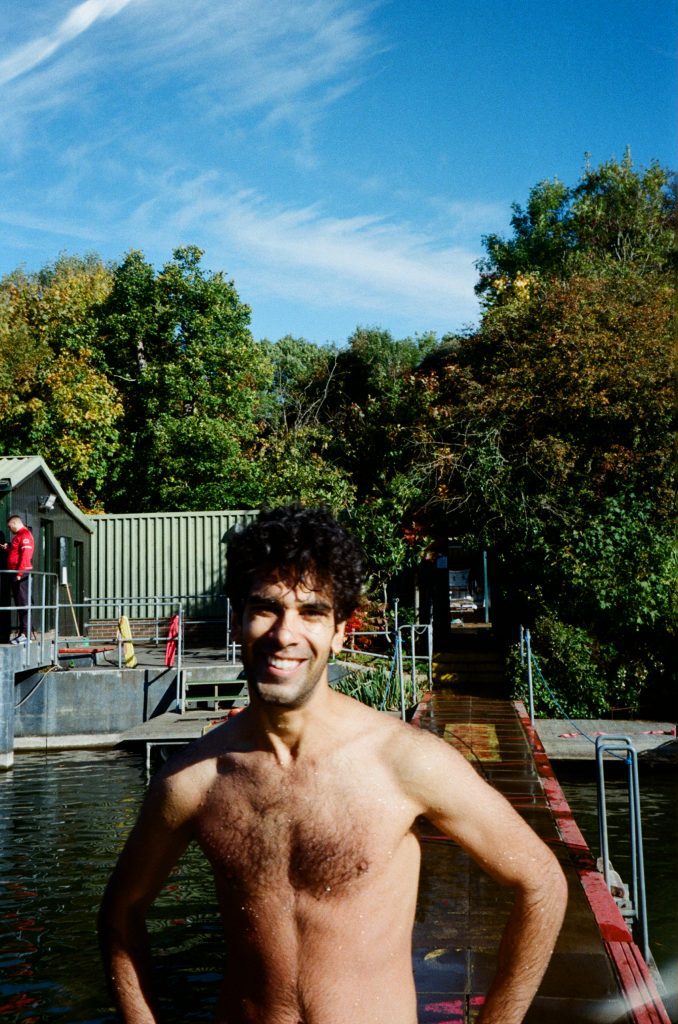
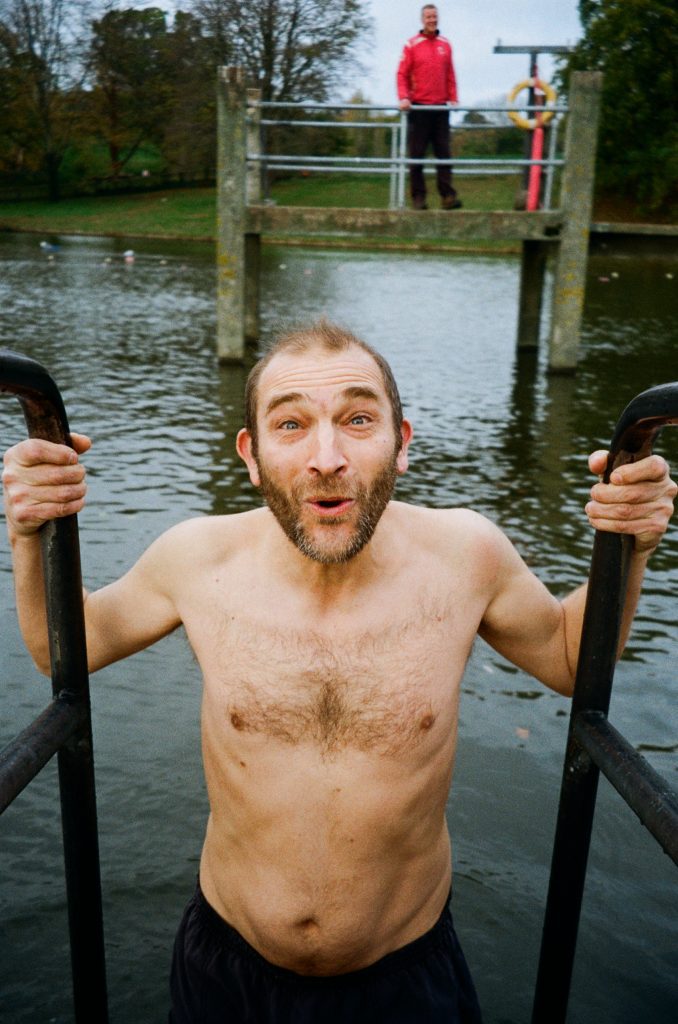
Jack, we’d love to know more about your background. What other projects have you worked on?
This is my first time I’ve created anything like this – interviewing people, taking photos, website creation and graphic design. So you can imagine it’s been a long learning process with many stumbling blocks.
At university I studied psychology and for my final year I focused on community-based solutions to conflict and mental health issues while writing my dissertation on masculinity.
During this year I created a school program that looked at helping young boys process their experiences with masculinity, with the hope of showing the benefits but also the damage that conformity to masculinity can have to themselves and others.
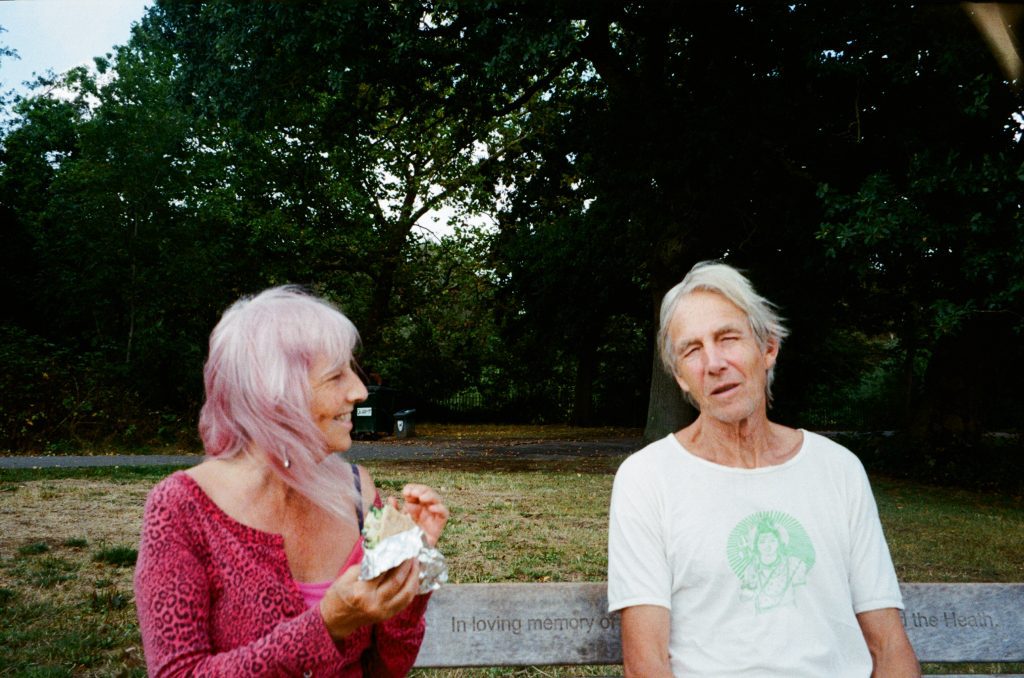
What inspired the fruition of your Highgate Men’s Pond project?
My work at university lay the groundwork for me to recognise benefits and concepts occurring among the Pond’s community. That, paired with my watching a great documentary called The Ponds by Patrick McLennan, bore the core premise of my project.
I noticed that articles about communities weren’t ingrained in culture. By that, I mean they didn’t put effort into the presentation and style of communication in these articles. They very much fit into a ‘reporting’ or ‘news’ world.
I believe ingraining culture into reporting of communities is important, as it symbolises the potential to merge mental health solutions into everyday life.
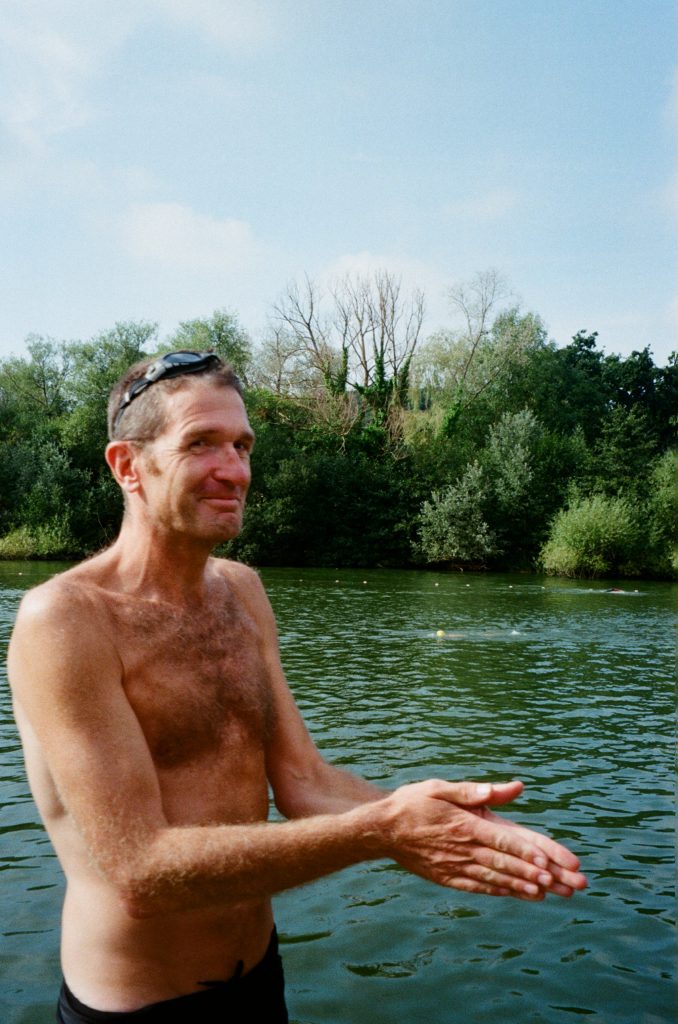
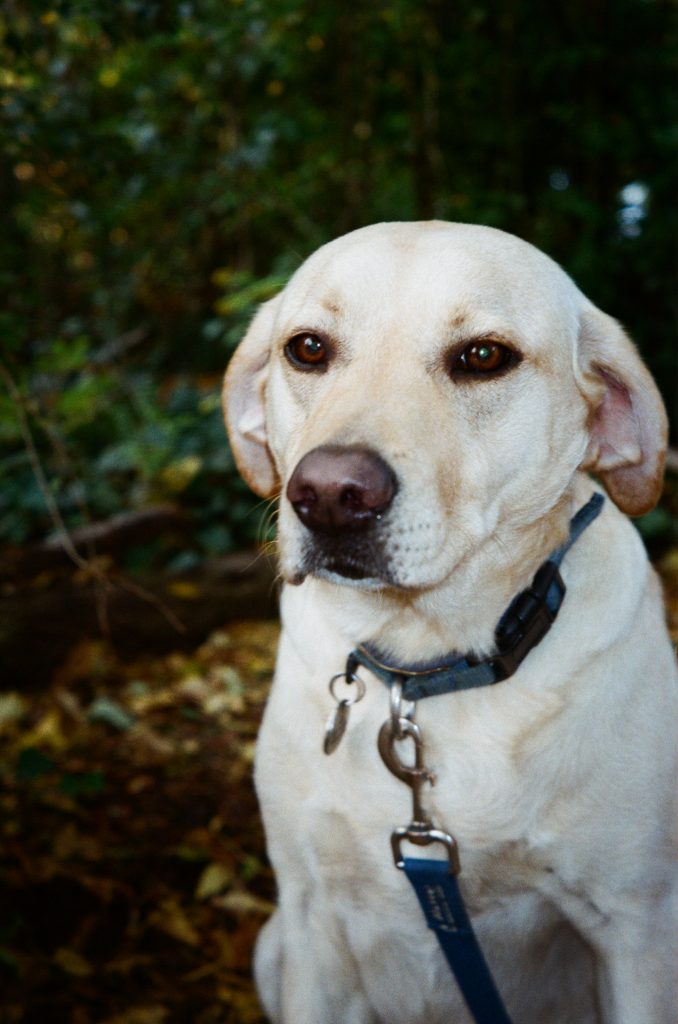
Mental health solutions have been individualistic for years, e.g therapy, medication, etc. If you want these treatments you have to remove yourself from the flow of life and visit a doctor or therapist. If you have ever been in these rooms, they have no resemblance of the outside world. They are ‘separate’ places where you go to get ‘fixed’ so you can rejoin the ‘real’ world.
We, as a culture, are looking to move forward and heal. Mental health is worsening generation by generation, it is not just a select few that are looking for help anymore. It is millions of young people.
To highlight this shift, it makes sense that we do not all go alone to metal health solutions but make them come to us. We must embrace them in our way of living, in our everyday life and in how we talk about them. This project and following projects will anchor themselves on this belief.
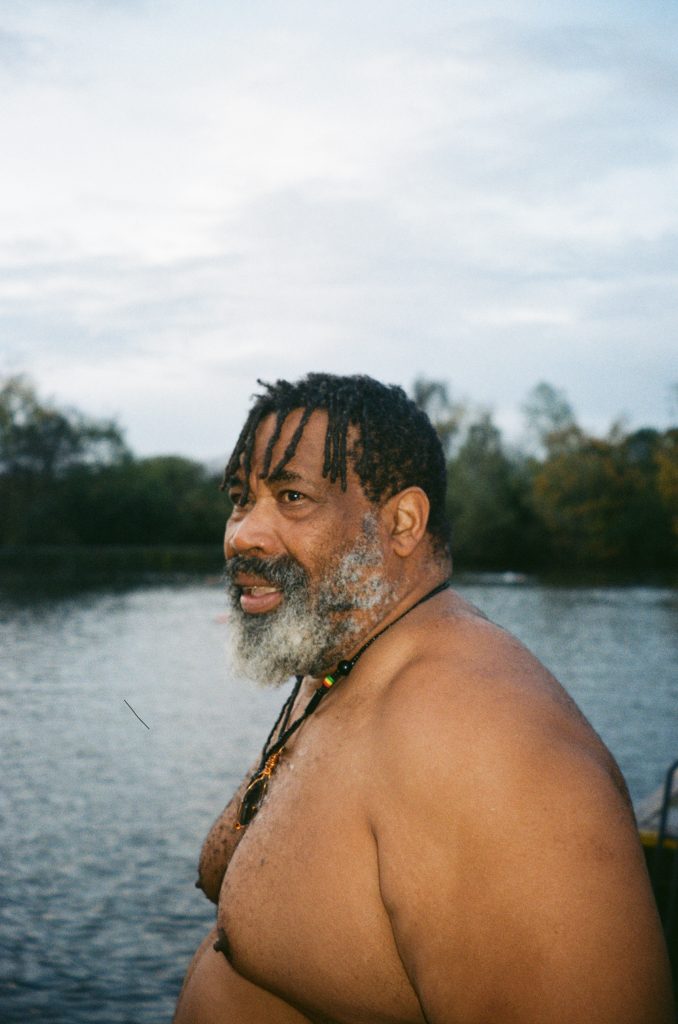
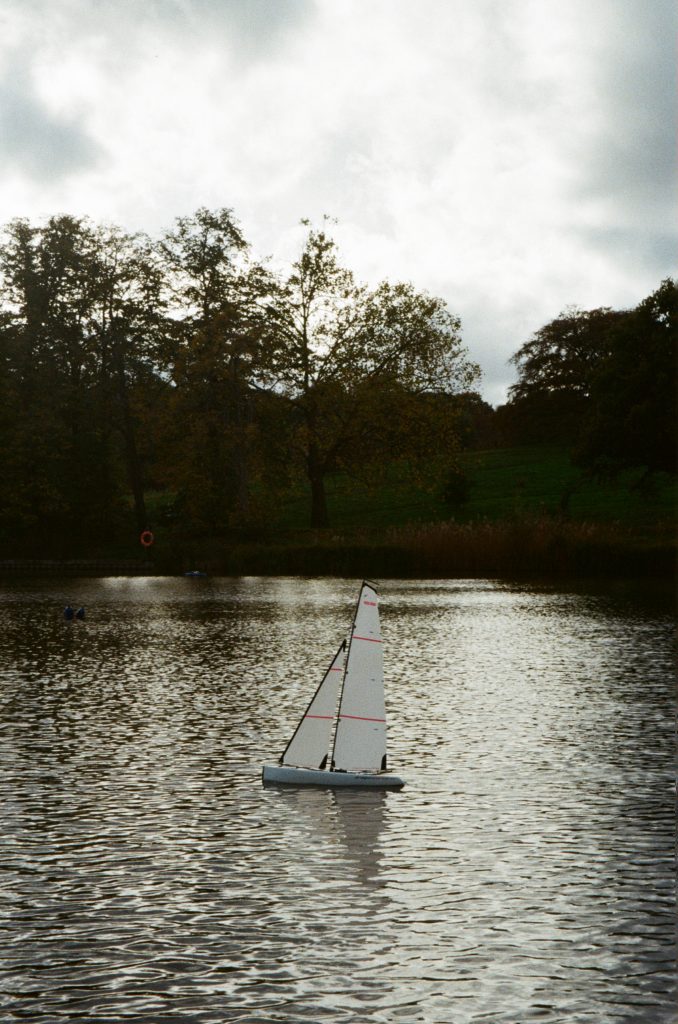
What’s your own relationship with Highgate Men’s Pond? What draws you to this place?
As a country boy who had just moved to London, the Pond was a perfect place for me because it gave me the peace and quiet that I was looking for.
As I started going more often, I realised that as well as the biological benefits of the cold water and nature, it was the people and atmosphere that kept me coming back. It became a part of my story and a part of my heart.
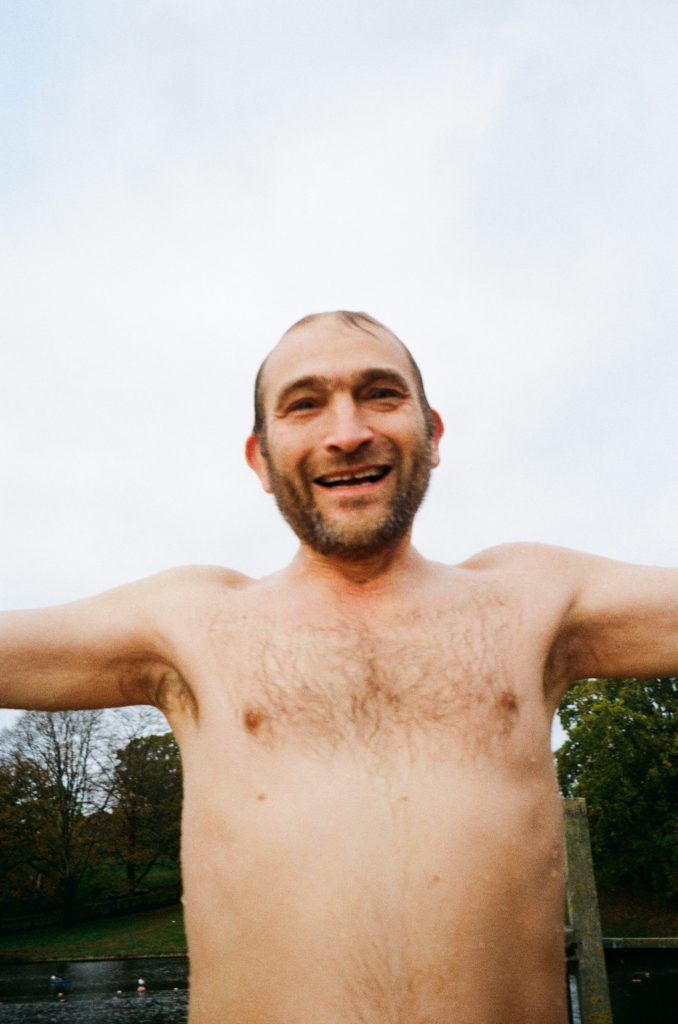
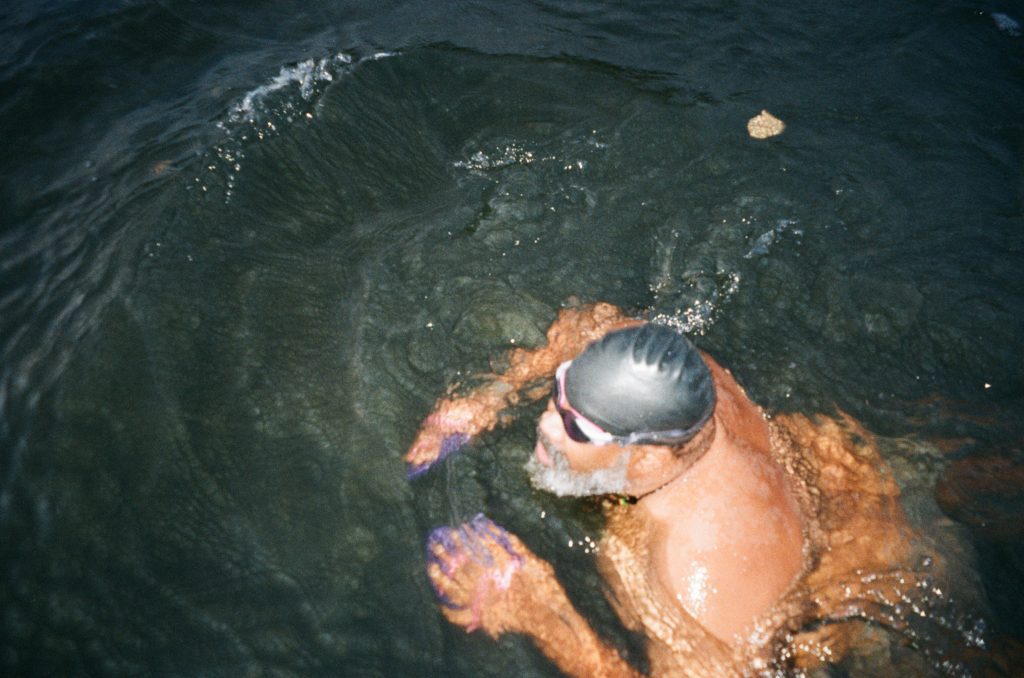
During this project, was there anything for you that stood out as particularly illuminating about masculinity and mental health?
I’ve spent a long time looking at masculinity both academically and in my own personal life. These interviews covered so many topics around masculinity, such as suppression of emotions, isolation, generational trauma and heterosexuality. This mirrored many things I learned at university.
On a personal level, the most illuminating aspect of the interviews was actually sitting with these men and them being vulnerable and open with me. This was something I had little to no experience with before.
I believe men often need a specialised space, be that physical or ideological, to open up. I think the interviews gave them permission and a right to express themselves. Often young boys are berated for expression of emotions, so it can take a lot for people to feel they’re in a safe space to open up and talk about themselves.
Seeing men have the bravery to overcome societal and internal pressure to talk about topics, such as paternal relations or low-self worth, gave me the courage to do the same.
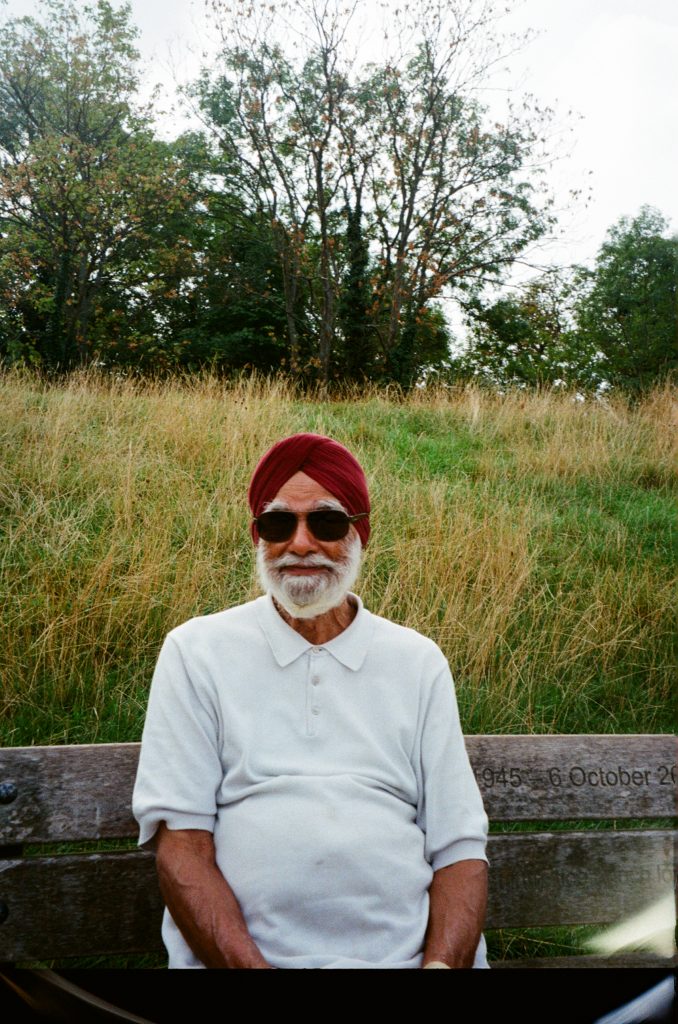
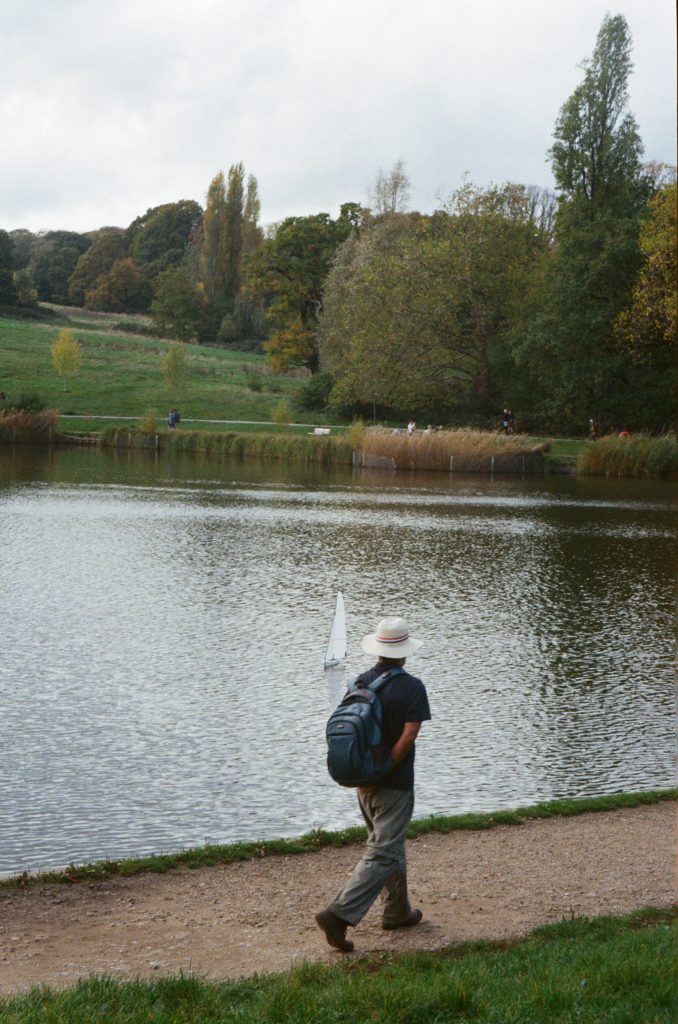
Can you tell us anything about the next Faces and Spaces project you have lined up?
Faces and Spaces will be a person-centred exploration of communities predominantly based around London. Communities that people can actually go to and feel the benefits from.
I am not interested in marketing communities or selling you an archetype or idea of someone you should be. I want to explore real people, their relationships with communities and the real life benefits that it gives them.
My aim is for people to read the articles and become a part of that community themselves or just appreciate vulnerability and honesty, and see the beauty in ‘normal’ people and therefore themselves.
View ‘Project 1: Highgate Men’s Pond’ at facesandspaces.org and follow on Instagram
Discover more swimming communities here.






